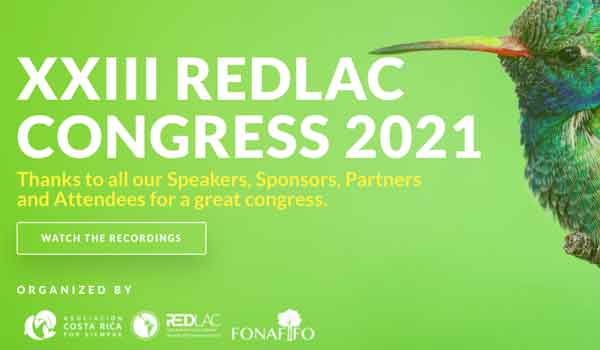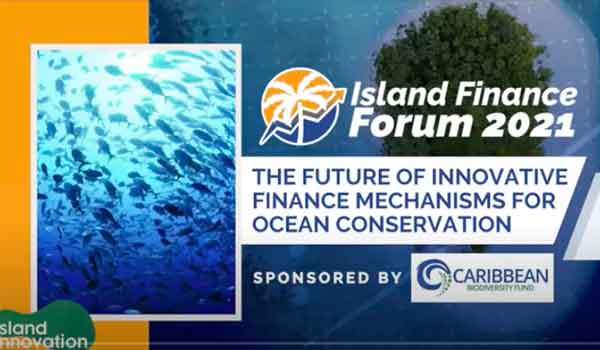According to the Convention on Biological Diversity, Island States rely significantly on the sustainable use of island biodiversity for their development and well-being. Biodiversity is a foundational pillar of the global economy: at least 40% of the world’s economy come from biological resources.
Islands represent the greatest concentration of both biodiversity and species extinctions. 75% of reptile, bird, amphibian, and mammal extinctions combined have occurred on islands.
What does conversation actually mean?
Earth’s natural resources include air, minerals, plants, soil, water, and wildlife. Conservation is the care and protection of these resources so that they can persist for future generations. Conservation is similar to preservation, but while conservation seeks the sustainable use of nature by humans, preservation means protecting nature from human use.
Who pays for conservation?
Funding for biodiversity protection is usually the last to be provided by governments facing daunting social needs and political challenges. Many of the most biodiversity-rich areas on Earth are in places threatened by poverty, corruption, extensive resource extraction, and uncontrolled development.
The primary funding sources for biodiversity conservation have traditionally been grants, donations and government budget allocations. Donors include multilateral agencies, NGOs, private corporations, foundations and individuals.
Learn more about conservation finance
The Network of Latin American and Caribbean Environmental Funds (RedLAC) organizes annual events to support the conservation finance community in innovating, using best practices and cross-learning.
The 2021 RedLAC Congress took place virtually and was organized by Island Innovation. The Congress attracted more than 1,000 people from 82 different countries and offered valuable content about the role and added value of Conservation Trust Funds in meeting global goals.
We extended the deadline for applications and nominations for the Awards, and you now have a new chance to make the voices of those driving positive change on the island and rural communities heard.
The Awards will provide the winners with extensive visibility to our global network of more than 130,000 stakeholders in the sustainability sector, besides being recognized as leading changemakers by the Clinton Foundation.
All selected participants will get the chance to see their initiatives acknowledged and evaluated by an esteemed jury, composed of former Presidents, CEOs, Professors, UN representatives, and more.







